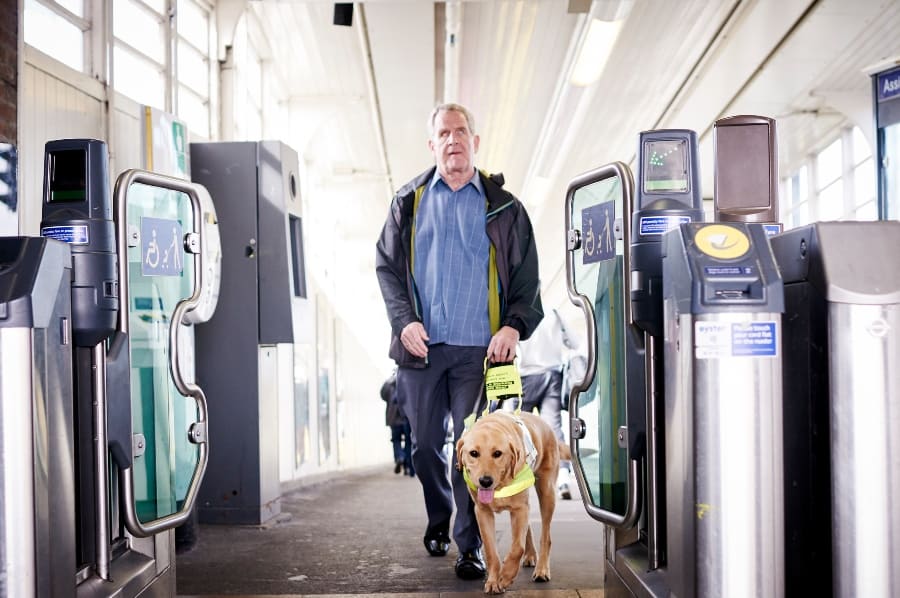The UK’s first National Centre for Accessible Transport launches to shape the future of transport
The Research Institute for Disabled Consumers (RiDC) has helped to launch the UK’s first National Centre for Accessible Transport (NCAT) to put views and experiences of disabled people at the heart of future transportation.
NCAT is a £20 million project funded by disabled motoring charity, Motability, and is led by Professor Paul Herriotts, based at Coventry University’s National Transport Design Centre (NTDC).
RiDC will be working alongside a number of organisations that form a specialist consortium, led by Coventry University and including Connected Places Catapult, Designability Policy Connect, and WSP.
RiDC’s role will be to involve the 3,600 members of its consumer panel in helping to shape the accessibility of future modes of transport.
NCAT’s research and agenda will be led by disabled people and will build upon the user-centered approach successfully developed at NTDC. Its mission is to make transport accessible for all.
NCAT aims to deliver on that mission by engaging with disabled people to better understand their experiences, amplifying their voices and co-designing solutions.
Motability’s research shows that disabled people in the UK currently make 38% fewer journeys than non-disabled people – a figure that hasn’t changed in the last decade. This impacts disabled people’s access to healthcare, employment, education and social activities.
RiDC surveyed its consumer panel of disabled and older people in the summer of 2022 to identify priorities for the centre. From 1,036 respondents, the number one priority was ‘addressing barriers in the street (high kerbs, bollards, among others)’. This was followed by new travel solutions for a range of disabilities / lived experiences and planning my journey in a way that suits my needs.
Jackie Holtom, a RiDC Consumer Panel member who responded to the survey said: “That accessible transport is being invested in like this is a really positive thing for disabled people. Right now, many services are deemed to be accessible but in real life just don’t work – such as only one wheelchair space on the bus, or curbs that meet guidelines but are too high for people with mobility issues).
“NCAT needs to make sure that in informing designs and improvements, disabled people with all types of impairments are there to test and advise at every step of the way.”
Dr Phil Friend, Chair of Trustees at RiDC, said: “We know from our research and lived experience, how crucial travel is to being able to live independent and fulfilling lives.
“NCAT has been developed to ensure that it is disabled people themselves who advise on the solutions and services they need in this area.
“Our role in the coalition is to provide high quality research from the lived experience of disabled people – which will inform decision-making in UK government, industry and civil society.”
An event to officially launch the centre is taking place at Coventry University today (February 15) and invited guests will hear directly from disabled people about their current travel and transport experiences.
Recently, RiDC launched the UK’s first Evidence Centre for Inclusive Transport to work with disabled people, disability organisations, transport providers, and policymakers to both undertake research and develop solutions that aim to make transport accessible for everyone.


